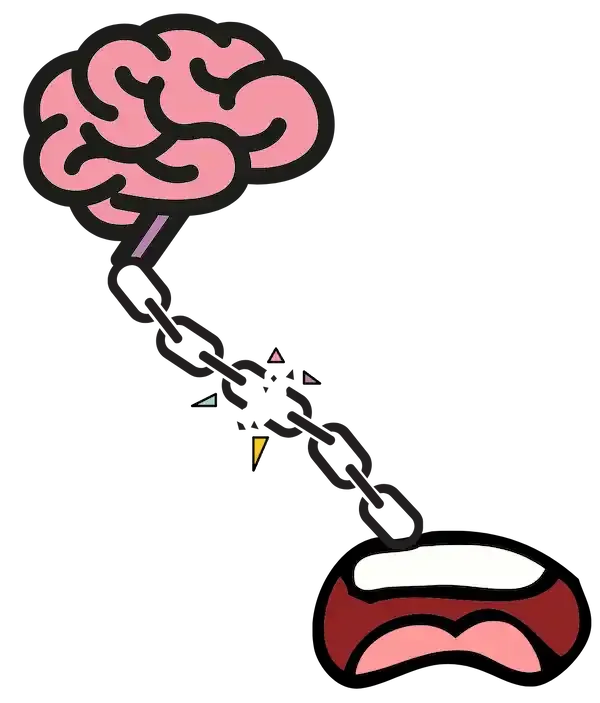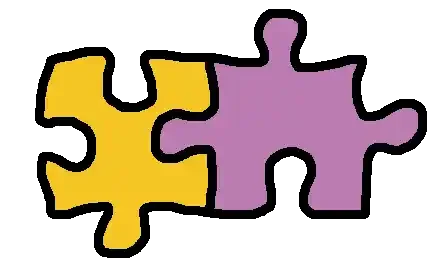Services

To schedule a free speech evaluation for your child please follow the link here

Therapy:
Playful Paths therapists are specialized in working with children with a variety of speech and language delays and disorders, as well as facilitate sensory needs and feeding difficulties. We believe in a child-led and family-centered approach to fostering speech and language skills. We have advanced knowledge and experience with a variety of AAC use, apraxia of speech, and FEES evaluation. Below you’ll find a detailed explanation of each area and see if any given area fits your child’s need. If you have any questions please feel free to reach out to us here.
Areas We Specialize In:
This refers to difficulties in understanding or using language. A child may have trouble following directions, answering questions, using age-appropriate vocabulary, or forming sentences. It can affect spoken, written, or social language. A delay means the child is developing language in the typical pattern but slower, while a disorder means there is an atypical pattern of development.
These involve patterns of sound errors that affect how a child organizes sounds in words. For example, a child might say “tat” instead of “cat” or “pane” instead of “plane.” It’s different from an articulation issue because it’s not just a motor problem—it’s how the brain organizes sounds for speech.
CAS is a motor speech disorder where the brain has trouble planning the movements needed for speech. Kids with apraxia know what they want to say, but their mouth muscles don’t get the right signals to move properly. It often causes inconsistent sound errors and difficulty with longer or more complex words.
AAC (Augmentative and Alternative Communication) integration and use includes tools and strategies to help individuals who have difficulty speaking. This can be anything from picture boards and sign language to high-tech speech-generating devices (iPads, tablets). Therapy involves choosing the right AAC and teaching the child (and family) how to use it functionally in daily life.
This includes challenges with the social use of language—like taking turns in conversation, staying on topic, using facial expressions or tone of voice appropriately, or understanding social cues. These difficulties may arise without an autism diagnosis and can affect friendships and classroom participation.
Children on the autism spectrum often need support with communication, whether it's learning to speak, using AAC, or understanding social language. Therapy is personalized to each child’s needs and may involve teaching communication strategies, improving joint attention, supporting play skills, and building meaningful interactions.
AVT supports children with hearing loss (often those with cochlear implants or hearing aids) in developing spoken language through listening. It focuses on teaching children to use their hearing to understand and produce speech without relying on visual cues like lip reading or sign language.
This therapy helps children who stutter—who may repeat sounds, syllables, or words, or have blocks where no sound comes out. Therapy focuses on building smooth, confident speech and can also address the emotional side of stuttering, like frustration or anxiety around talking.
Speech therapists often support children with overall developmental delays, which can affect speech, language, social interaction, motor skills, and more. Therapy may coordinate with other specialists (like occupational or physical therapists) and help guide developmental progress across key areas.
Some children struggle with eating or drinking due to issues like oral motor weakness, sensory aversions, or medical conditions. Therapy may involve exercises to strengthen the muscles used for chewing and swallowing, or techniques to make mealtimes easier and more enjoyable.
Tailored one-on-one sessions designed around your child’s unique strengths, challenges, and goals. We create personalized plans that adapt as your child grows, ensuring therapy is effective, engaging, and built just for them.




